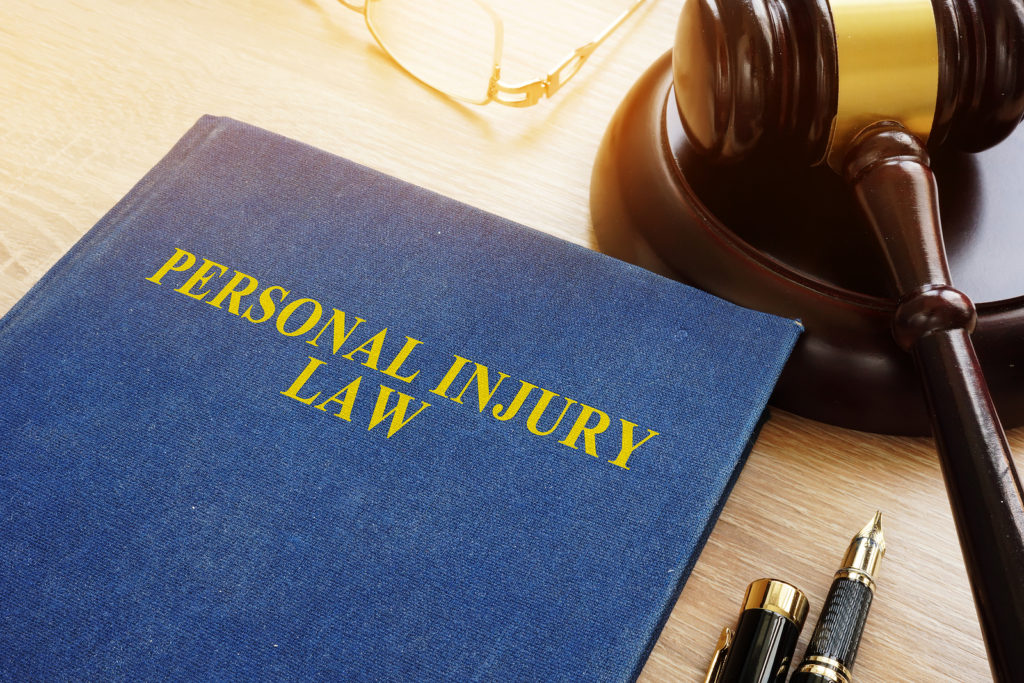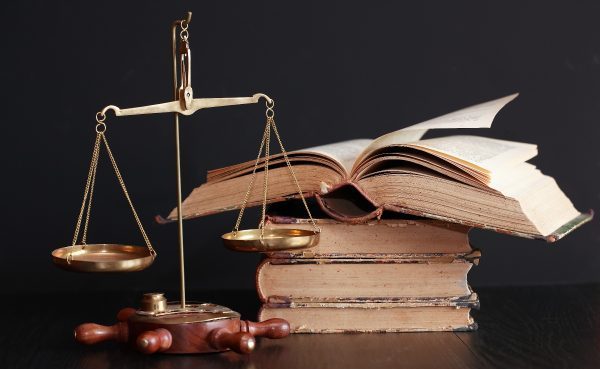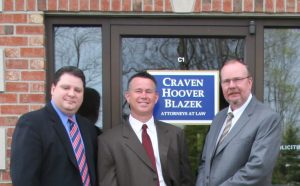If you or a relative or friend was recently injured in an accident and suffered a serious injury, you have to file a personal injury claim to recover compensation for your related losses and damages. To better understand your personal injury case, it is wise to speak with an experienced accident lawyer who can answer all of your questions, clearly and in real time. Another wise initiative is to learn some important personal injury claim and legal terms to better prepare yourself for your scheduled consultation.
Continue reading and review some common legal terms that are frequently used under the circumstances of a negligent injury or accident.

Personal Injury
A personal injury is harm or damage incurred as a result of another’s carelessness or negligence. This includes physical injuries like broken bones, concussions, lacerations, wounds, burns, internal organ damage, back and neck injuries, head injuries, and more. Mental anguish, pain and suffering and emotional trauma that occurs following an injury are also considered damages.
Liability
The term liability refers to one’s obligation or responsibility. For example, if a drunk driver causes another driver injury, the drunk driver is liable for the victim’s damages and the drunk driver’s insurance carrier pays for those damages. It is the at-fault party’s insurance carrier who will pay for the injured victim’s claim. If the at-fault party is not insured, the injured party’s own insurance company may pay for any claim caused by the uninsured motorist.
Party
The term “party” sometimes refers to either the defendant’s side or the plaintiff’s side. This includes the person, their insurance company, and their attorney. There are first party claims and third party claims, which you will learn more about below.
Claimant
The claimant is the person filing the personal injury claim. This can be one person, the victim, or the family of a victim. Once a lawsuit is filed, the claimant become the plaintiff.
Tort
A tort is a wrongful or immoral act that causes another person injury or harm. Often times, you will hear this area of law referred to as tort law. This brings us to our next term.
Tortfeasor
Also referred to as the “at-fault party”, the tortfeasor is the actual person who engaged in negligent conduct or who failed to use reasonable case that caused someone harm or damage. They can also be the defendant if they are the ones being sued.
First Party Insurance
As we already know, the term “party” refers to either the plaintiff side or the defendant side. Well, first party is always the plaintiff side, in particular, their insurance company. A plaintiff might file a claim with their insurance company for money for damages.
Third Party Insurance
This is a defendant’s insurance company. It is commonly the insurance companies that pay out compensations or negotiate recompense in personal injury cases.
Third Party Claim
Different from third party insurance, a third party claim is when a person files an additional claim against a separate entity involved in causing their injuries. For example, if a person is severely injured at work while delivering a pizza, they can file a worker’s compensation claim (first party claim) with the company’s insurance provider since they were injured while working, and then they can file a third party claim against the person who collided into their vehicle while they were working.
Adjuster
The adjuster is a person that is employed or hired by an insurance company to investigate and handle a personal injury claim made against a defendant since it will be the defendant’s insurance company and not the defendant themselves who will be paying any judgment or settlement. Their primary objective is to argue why the injured party’s case has little to no value since their employer, the insurance carrier, has to pay for any settlement or judgment.
Your Trusted and Motivated Personal Injury Law Firm in Indiana
Call Craven, Hoover, and Blazek P.C. at 317-881-2700 to consult with our seasoned personal injury accident attorneys in Indianapolis, or anywhere within Indiana. Seasoned attorneys, Daniel Craven, Ralph Hoover, and Keith Blazek retain extensive trial and litigation experience representing accident victims in the state. We offer free initial consultations to assess your case. Best of all, we never collect lawyer fees unless we recover compensation for you!



